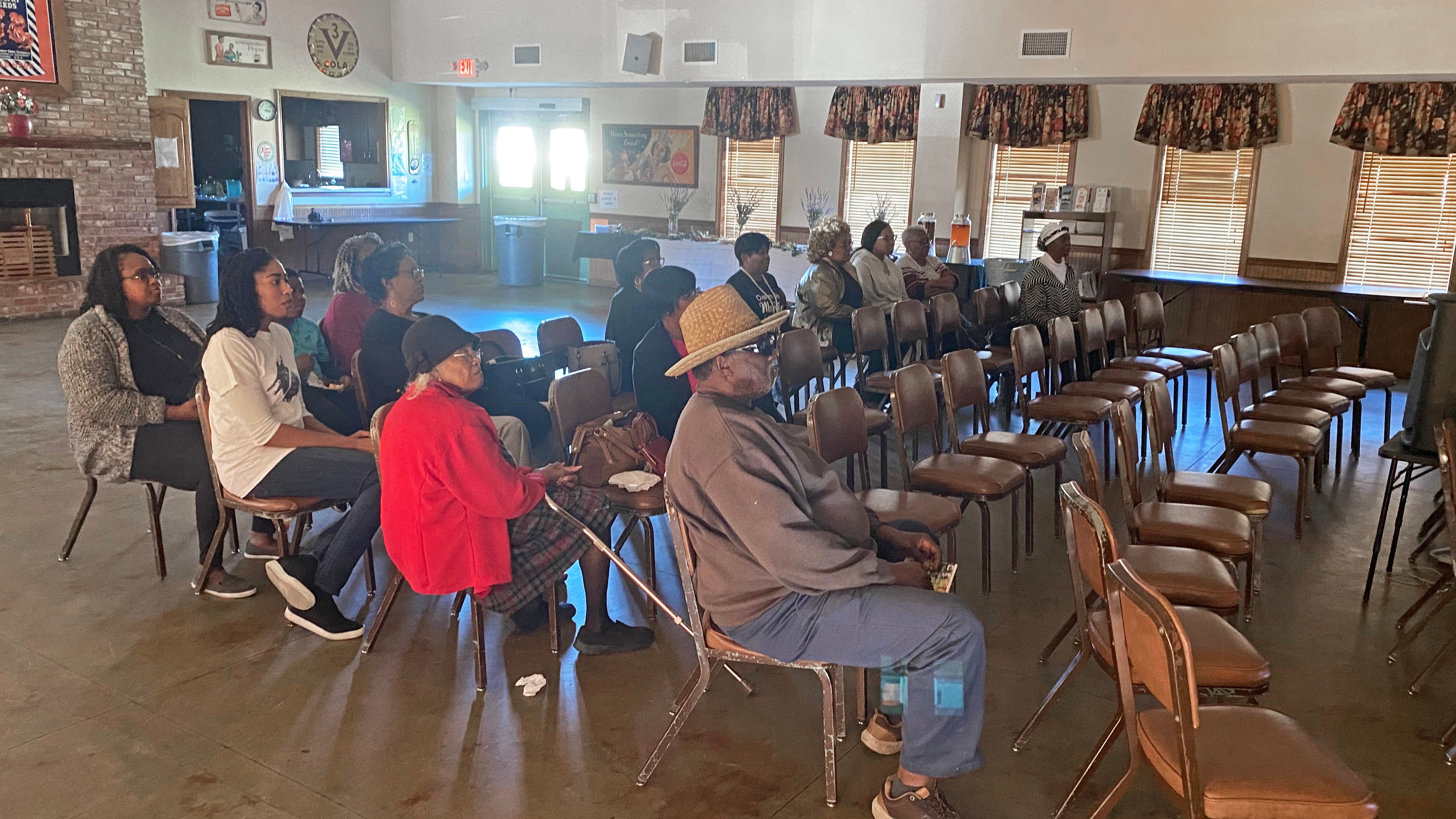Film details black entrepreneurship
Published 9:10 pm Monday, February 24, 2020
|
Getting your Trinity Audio player ready...
|
Dr. Antoinette Wilson said she was moved Saturday by a documentary detailing the black entrepreneurial experience shown Saturday at Brundidge Station.
“I thought the documentary was wonderful,” Wilson said. “It did a very good job of talking about the black experience of entrepreneurs in America. I didn’t know about entrepreneurs during slavery times and that some were even able to purchase freedom.”
Wilson also pointed to the film’s segment on “black wall street” in the Greenwood District of Tulsa, Oklahoma, as a highlight.
“I had children from my mentoring program there and that was a good opportunity to see the pictures of that,” Wilson said.
The documentary explained the great variety of stores and businesses in the area with more than 30 restaurants and 45 groceries and meat markets. It also detailed how a white mob came and destroyed 35 blocks of the district, with 39 people killed.
It also detailed the Freedman’s Savings Bank, which many formerly enslaved African Americans put their savings into, only for the bank to lose more than the equivalent of $1 billion in today’s value.
“You understand why back in the day mom and them put their money under the mattress or sewed it into their curtains,” Wilson said. “They knew about what happened in Oklahoma. It put a foundation to things we heard growing up.”
Spentressia Fenn of Clever Girl, Clever Boy said she wanted to show the documentary in her hometown to inspire children particularly to be inspired for positive change.
“I wanted it to be a spark to conversation of doing and being more,” Fenn said. “I wanted kids to see black entrepreneurship from slavery to the present day and to see people that were oppressed still be able to be creative and push their way forward. “
Fenn said she started the organization to spark positive change in the community.
Mayor Isabell Boyd thanked Fenn for bringing the film showing to Brundidge.
“It was really telling how the black community survived going into businesses of their own,” Boyd said. “I was a victim of going into places where I had to go into the ‘black door’ or go to a small window and make my order; I couldn’t stand at the counter. But I’m past that now. We have to forgive and forget in order to make it in this world.”





